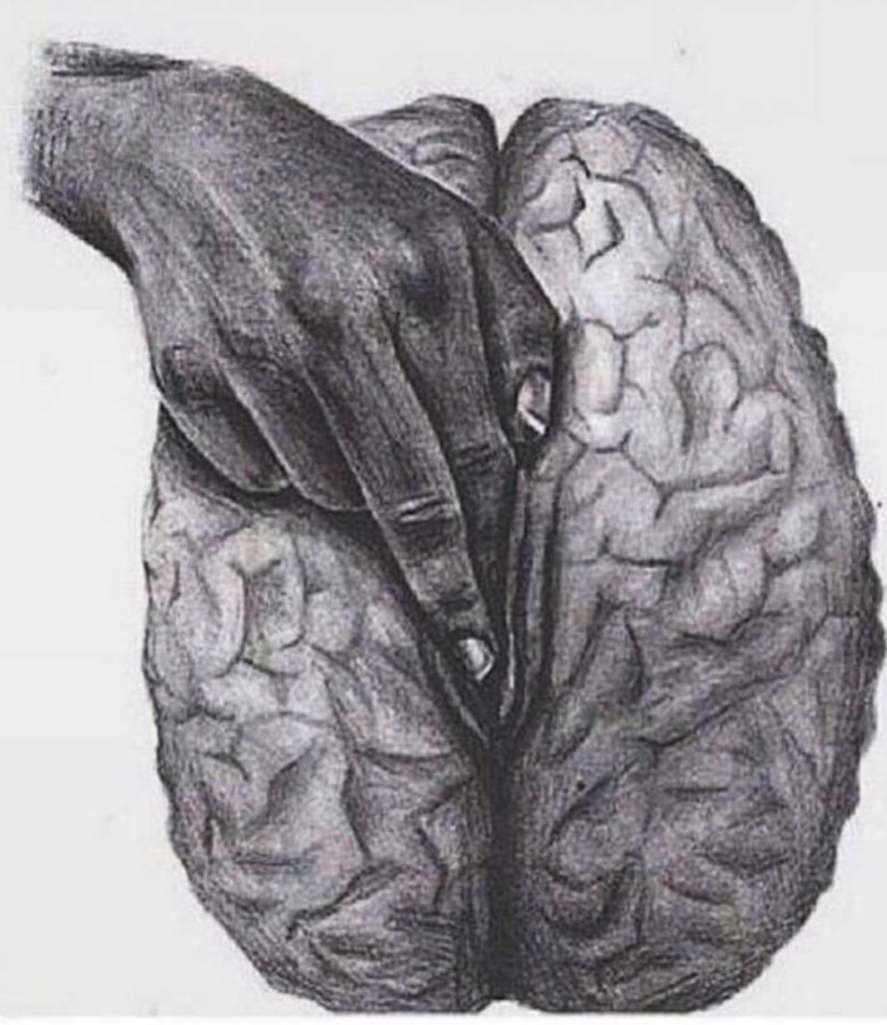The Proposition of Transcendental Idealism in Perceptual Freedom
- Jacob

- Mar 31, 2022
- 2 min read
Updated: Jul 4, 2022
Kant contends that the ideal of autonomy tends to correlate positively with natural necessity. Applying contextual intuition, he pioneered the theory of "transcendental idealism," which may be interpreted as the assertion that freedom or liberation transcends significantly beyond the sensory relation to all observed forms and experiences. Although his theory supports the convention for self-determination, it is fallacious in because it undermines the premise and core of the theory—those future rational agents will be capable of discerning existence from the possibility of separate realities.
A critical evaluation of the history of ideal freedom as explained by Kant is required to justify this argument. He maintains that humanity can comprehend its own free will in several of his early works. After additional studies, he refutes this notion, claiming that each sense humanity has would likewise grant access to the noumenal, negating the epistemic limitations of his proposal of transcendental idealism.
Kant holds that we learn to embrace the moral rule with the second Critique. It is the only justification of freedom that is consonant with transcendental idealism, but it fails to sufficiently consider the duality of first- and third-person sensations in consciousness. Within this first-person paradigm, the affirmation of additional or separate rational agents—which would normally classify as a third-person perspective—is purposefully left out.
Transcendental idealism thus seems to lack an intuitive level of perception, as well as a reasonable representation of freedom. On the other hand, an opposing view as to how freedom might be created maintains that it does not operate as an internal construct but rather acts independently of existence. Instead of the fact that some aspects seem arbitrary and presumptive for a phenomenal assortment, we should be cognizant of humanity's conduct and conscious of our continual necessity. Mechanical laws, which are also the origin of uncertainties, are the cornerstones of reality.




Comments